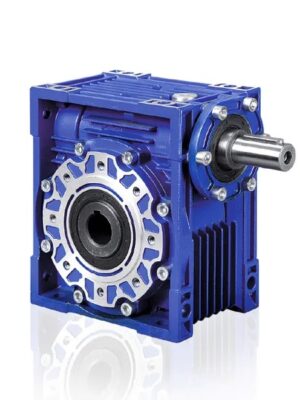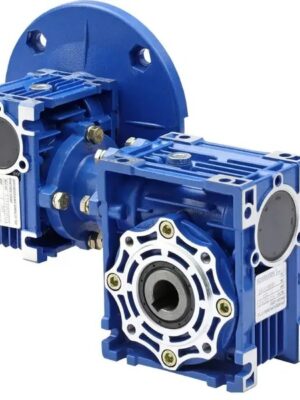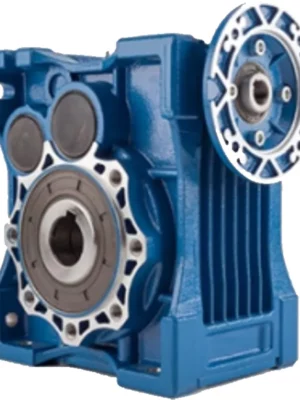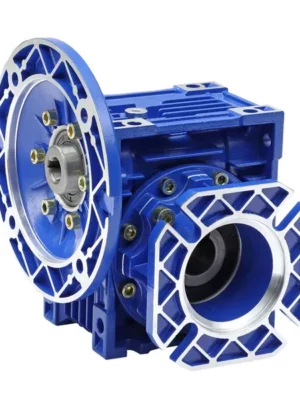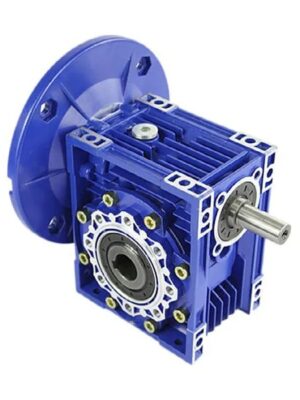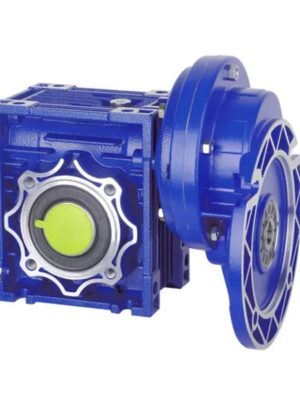Introduction
Worm gearboxes play a vital role in various industries, providing efficient power transmission and torque conversion. However, when it comes to using aluminum worm gearboxes in harsh environments, there are several factors to consider. In this article, we will explore the suitability of aluminum worm gearboxes for challenging conditions and their advantages and limitations.
1. Understanding Aluminum Worm Gearboxes
Aluminum worm gearboxes are compact and lightweight, making them an attractive choice for many applications. Their high gear ratios and self-locking capabilities offer excellent efficiency and stability. However, their performance in harsh environments needs to be carefully evaluated.
2. Environmental Factors Impacting Aluminum Worm Gearboxes
2.1 Temperature Extremes
2.2 Moisture and Humidity
2.3 Dust and Debris
2.4 Corrosive Substances
2.5 Vibration and Shock
3. Evaluating the Suitability of Aluminum Worm Gearboxes
3.1 Temperature Resistant Coatings
3.2 Sealing Mechanisms
3.3 Enhanced Lubrication
3.4 Robust Housing Design
3.5 Impact-Resistant Materials
4. Advantages of Aluminum Worm Gearboxes
4.1 High Efficiency
4.2 Compact and Lightweight
4.3 Self-Locking Capability
4.4 Cost-Effective Solution
4.5 Easy Maintenance
5. Limitations of Aluminum Worm Gearboxes
5.1 Lower Load Capacity
5.2 Limited Resistance to Wear
5.3 Reduced Durability in Harsh Environments
5.4 Potential for Oxidation
5.5 Compatibility with Specific Applications
6. Electric motors for Sale
When it comes to power transmission, the relationship between gearboxes and electric motors is intertwined. A reliable and efficient electric motor is essential for the optimal performance of an aluminum worm gearbox. At our company, we understand the importance of this synergy and provide matching electric motors for sale.
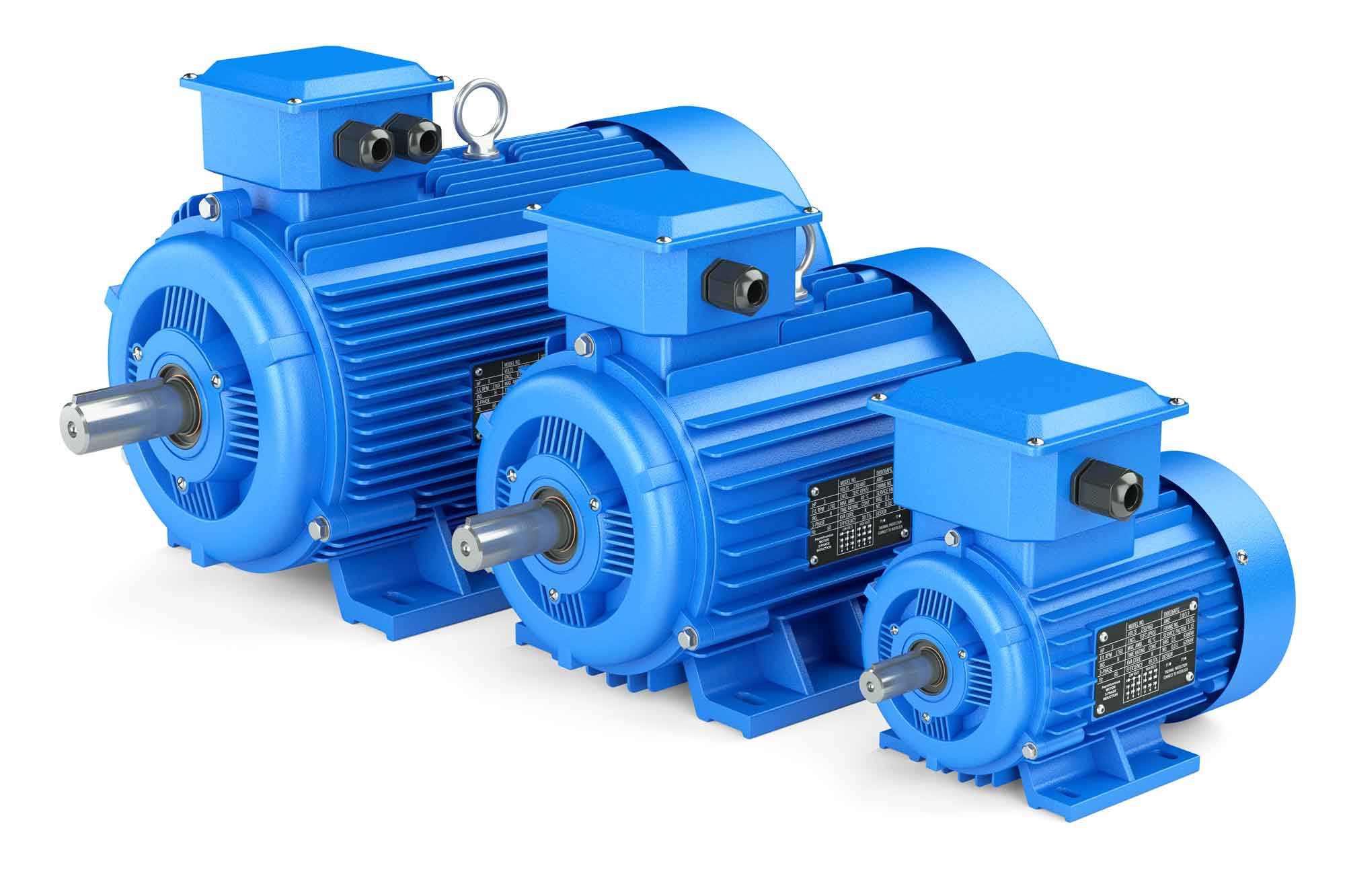
About Us
As a comprehensive transmission equipment manufacturer, we have been serving customers worldwide for over 25 years. Our expertise lies in the design, production, manufacture, and sales of high-quality gearboxes. With a focus on innovation and customer satisfaction, we have earned a renowned reputation in the European and American markets. Our commitment to providing the best services, highest product quality, and competitive prices sets us apart.
We have established a state-of-the-art production facility equipped with advanced equipment and testing devices. Our team of industry professionals and technicians ensures continuous research, development, and manufacturing of gearboxes that meet international standards. Over the years, we have catered to various industries, including equipment, food, car washing, packaging, transmission, automation, and solar energy.
Explore our products and contact us for your gearbox needs. We are dedicated to providing you with the highest quality solutions.
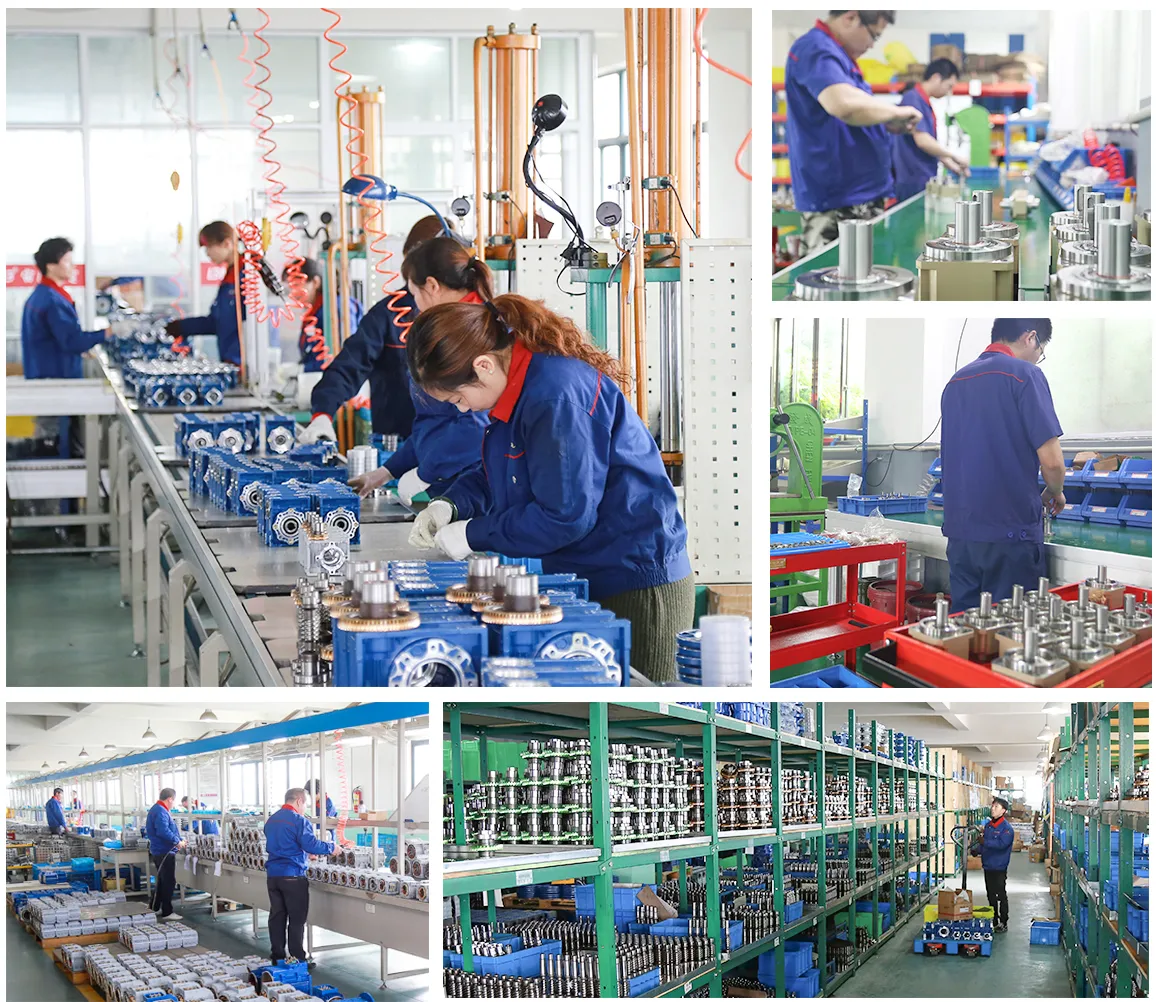
Q&A
Q1: Can aluminum worm gearboxes withstand extreme temperatures?
A1: While aluminum has good thermal conductivity, it has limitations in extreme temperature environments. To enhance temperature resistance, specialized coatings and design modifications can be applied.
Q2: Are aluminum worm gearboxes resistant to corrosive substances?
A2: Aluminum has limited resistance to corrosion. However, by implementing surface treatments and protective coatings, their resistance to corrosive substances can be improved.
Q3: What lubrication is recommended for aluminum worm gearboxes?
A3: Appropriate lubrication is crucial for the smooth operation of aluminum worm gearboxes. High-performance synthetic lubricants with anti-wear and extreme pressure additives are recommended.
Q4: Can aluminum worm gearboxes handle high levels of vibration and shock?
A4: Aluminum worm gearboxes may experience reduced durability and increased wear in high-vibration or shock-prone environments. Implementing shock-absorbing materials and precision manufacturing techniques can mitigate these effects.
Q5: What load capacity can be expected from aluminum worm gearboxes?
A5: Aluminum worm gearboxes generally have lower load capacities compared to their steel counterparts. It is crucial to consider the specific application requirements and consult with experts for accurate load capacity calculations.

